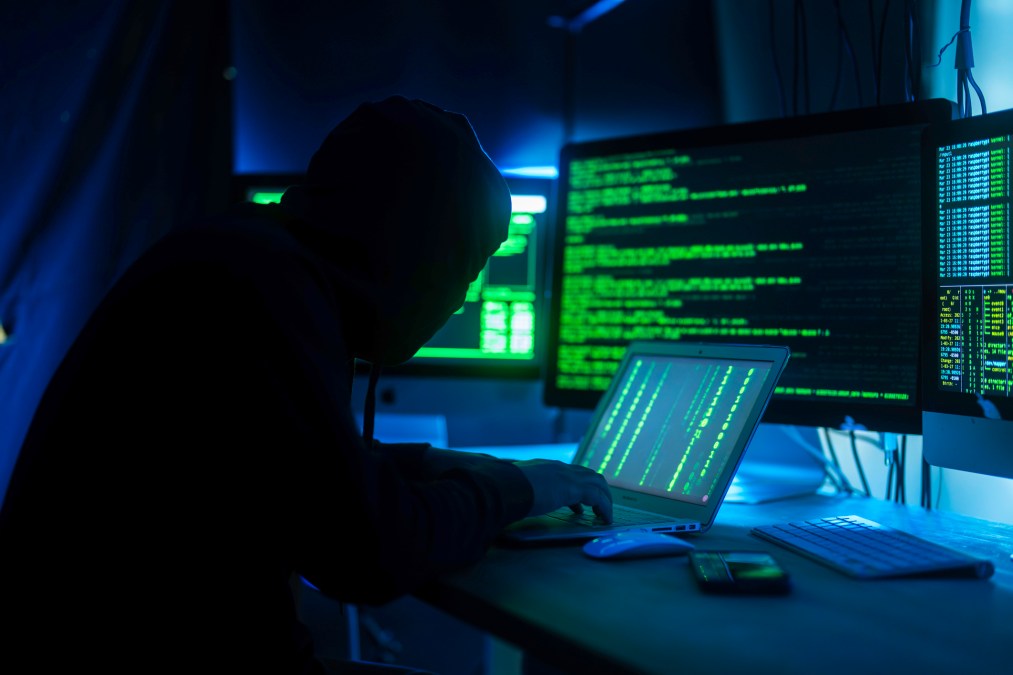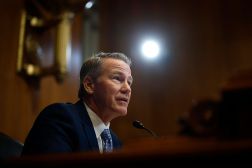Bipartisan Senate bill calls for stronger Secret Service financial cybercrime probes

The U.S. Secret Service would get expanded investigative powers to take on cybercrime tied to digital assets under a new bill from a bipartisan trio of Senate lawmakers.
Legislation introduced this week from Sens. Catherine Cortez Masto, D-Nev., Chuck Grassley, R-Iowa, and Amy Klobuchar, D-Minn., would strengthen the Secret Service’s authority to go after transnational cybercriminal activity and to investigate crimes connected to digital asset transactions, encompassing structured transitions, unlicensed money transmitting businesses and fraud against financial institutions.
“The funding of criminal activity through digital assets poses a direct threat to the security and safety of our nation,” Cortez Masto said in a statement to CyberScoop. “This bipartisan and bicameral bill will allow for the United States Secret Service to better investigate new forms of financial crime involving digital assets.”
The Combating Money Laundering in Cyber Crime Act of 2024 — the companion to a January bill from nine House lawmakers — mandates a Government Accountability Report within a year to assess law enforcement’s ability to detect and deter money laundering.
For 20 years, the Secret Service has had an internal unit, the Cyber Investigative Section, charged with targeting cybercrime. Launched in 2004, it was one of the first federal divisions dedicated to cybercrime, centralizing operations and supporting major global investigations.
In 2020, the agency announced the creation of its Cyber Fraud Task Forces, which combined its Electronic Crimes Task Forces and Financial Crimes Task Forces. USSS said at the time that the merge was done with the goal of improving “the coordination, sharing of expertise and resources, and dissemination of best practices for all its core investigations of financially-motivated cybercrime.”
In the years since, current and former federal cyber officials have sounded the alarm on the “monetization of security flaws” and called for the hiring of more Secret Service, FBI and Treasury Department agents with the cyber skills needed to conduct high-level investigations of the financial kind.
The Secret Service has seemingly acknowledged its need for assistance on cybercrime issues, announcing in January that it would relaunch its Cyber Investigations Advisory Board, a 16-member committee initially charged with overhauling financial cybercrime investigative practices at USSS.
Cortez Masto’s new legislation marks her second attempt in a year to tackle crypto money laundering. Last September, the Nevada Democrat introduced a bill to close loopholes and ensure cryptocurrency companies comply with federal anti-money laundering and counter-terrorism financing frameworks.






